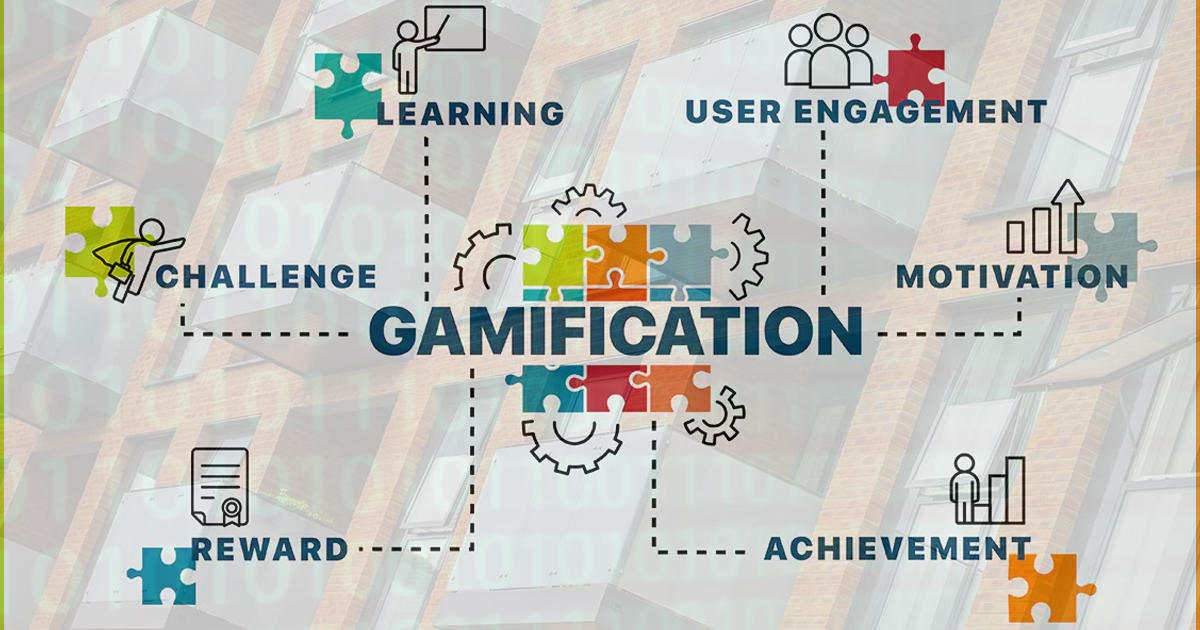⌨️ Data-driven housing allocation and management

Social housing providers are constantly looking for ways to improve the delivery of their services and to enhance the quality of life of their tenants. One of the ways in which they are doing this is by adopting data-driven approaches to housing allocation and management. In this blog post, we will explore the potential benefits of this approach, and what it could mean for the future of social housing in the UK.
One of the main benefits of data-driven housing allocation and management is the ability to provide a more personalised and tailored experience for tenants. With access to vast amounts of data, housing providers can make informed decisions about which properties are best suited to individual tenants, taking into account factors such as their family size, income, and support needs. This can lead to more efficient use of resources and a reduction in the number of vacancies, which ultimately benefits everyone involved.
Another benefit of data-driven housing allocation and management is the ability to track the performance of properties and make data-driven decisions about maintenance and repairs. For example, if a property is consistently experiencing high levels of wear and tear, this may indicate a need for upgrading or renovations. Data-driven approaches to housing management also allow providers to track the satisfaction of tenants and make improvements to their services based on this feedback.
Furthermore, data-driven housing allocation and management also has the potential to improve the transparency of the allocation process. Tenants can access information about available properties, the criteria used to allocate properties, and the reasons why certain properties are not suitable for them. This increased transparency can help to build trust between tenants and housing providers, and ultimately lead to better relationships and improved outcomes for everyone involved.
Data-driven housing allocation and management has the potential to revolutionise the way social housing is delivered in the UK. By making use of data and technology, housing providers can provide a more personalised and efficient service, while also improving the transparency and accountability of the allocation process. Whether through the use of sophisticated software systems or through the development of new approaches to data analysis and management, the future of social housing looks set to be shaped by the advances in technology and digitalization.


